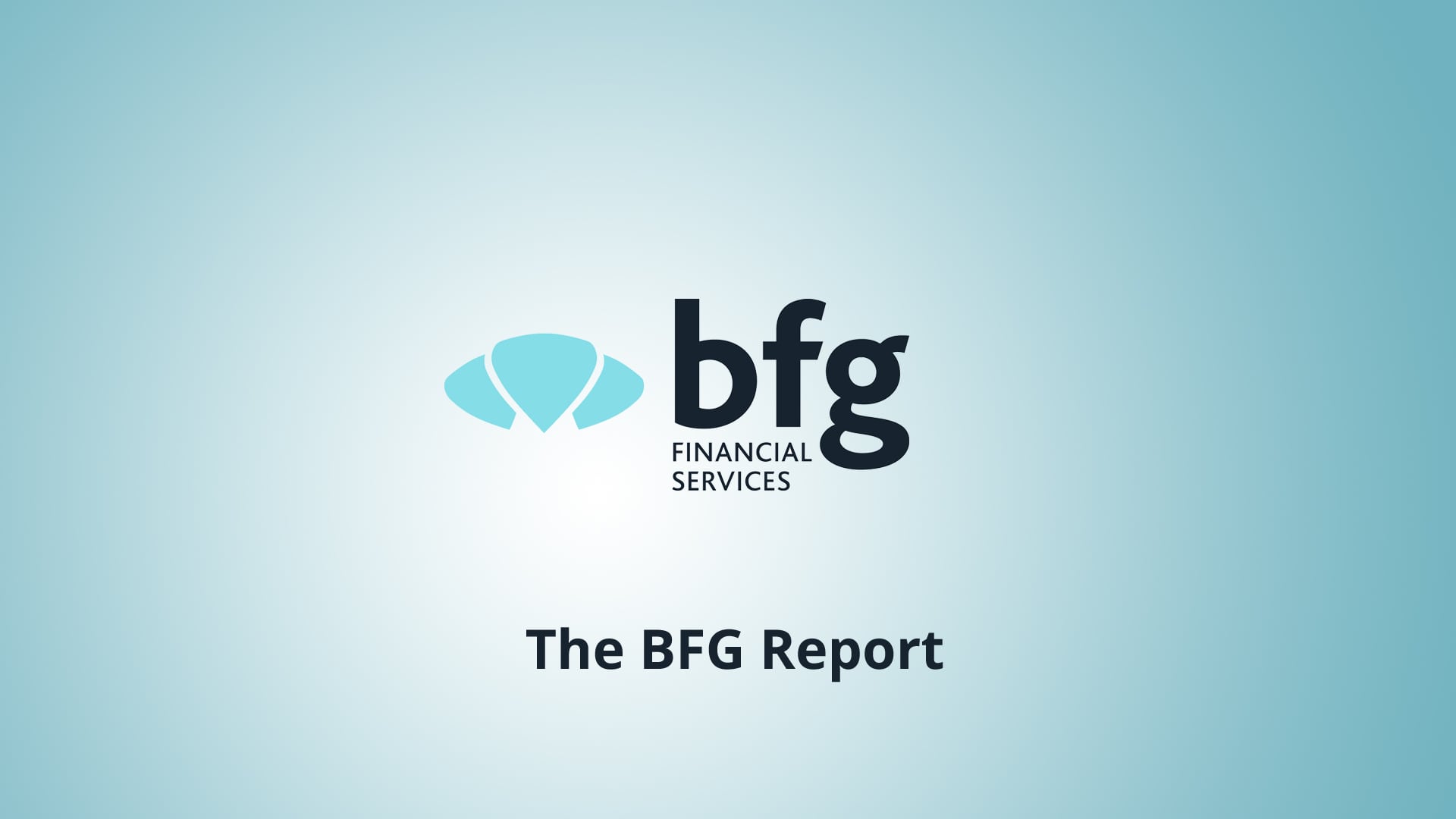Welcome to the October 2022 Edition of the BFG Report
Federal Budget Summary
Personal taxation
No changes to personal income tax including:
- no changes to the Stage 3 tax cuts which will take effect from 1 July 2024, and
- no extension of the Low and Middle Income Tax Offset, which ended 30 June 2022.
Helping enable electric car purchases: For purchases of battery, hydrogen, or plug-in hybrid cars with a retail price below $84,619 (the luxury car tax threshold for fuel efficient vehicles) after 1 July 2022, fringe benefits tax and import tariffs will not apply. Note: Employers will still need to account for the cost in an employee’s reportable fringe benefits.
Superannuation
Expanding eligibility to downsizer measures: Legislation has been introduced to reduce the downsizer eligibility age from 60 to 55. This measure will take effect from the first quarter after passing into law, which is expected to be 1 January 2023.
Social Security
Childcare subsidy changes: the maximum childcare subsidy from 1 July 2023 will increase to up to 90% depending on family income.
Paid parental leave increases: Announced before the Budget, from 1 July 2024 the Paid Parental Leave Scheme will increase the maximum period of leave by two weeks each year – reaching a maximum of 26 weeks by 1 July 2026.
Reducing assessment of former home proceeds: For individuals on social security benefits, the temporary assets test exemption of home sale proceeds is to be extended from 12 months to 24 months. Additionally, these proceeds will only be deemed to earn a return at the lower deeming rate (currently 0.25% per annum) for this period.
Work Bonus deposit for older Australians: Announced as an outcome from the Jobs and Skills Summit, age pensioners and veterans over service pension age are expected to receive a one-off credit of $4,000 into their Work Bonus income bank.
Increased income thresholds for Commonwealth Seniors Health Card: The Government has committed to increasing the income thresholds for the Commonwealth Seniors Health Card to $90,000 for singles and $144,000 combined for couples.
Deeming rate freeze: The Government has also confirmed its intention to retain the current deeming rates until at least 30 June 2024.
Plan for cheaper medicines: From 1 January 2023, the general patient co-payment for Pharmaceutical Benefits Scheme treatments is expected to reduce from $42.50 to $30.
Investment Market Review – October 2022
Summary
- The Fed continues to raise rates and the hawkish rhetoric is unchanged, with no indication that the Fed will pivot anytime soon. Interestingly, post the end of the quarter, the RBA only raised rates by 0.25% in October, which came as a mild surprise to the market.
- Inflation remains elevated, although we are starting to see some signs that inflation may be on the way down. Having said that, Europe, including the U.K. still seems to be struggling with inflation, in particular energy prices, so inflation remains at or near record highs. In the U.S., headline inflation came in a little lower than expected in the August print, but core inflation was higher.
- Unemployment rates remain very low across the developed world and are inconsistent with a recession scenario just at the moment. The US unemployment rate fell to 3.5% in September 2022, matching July’s 29-month low and remaining below market expectations of 3.7%. This is a clear sign that overall labour market conditions in the U.S. remain tight.
Markets
- The S&P 500 lost over 5%, while the Australian S&P 200 lost a relatively small 1.4% for the quarter
- From an Australian GICS sector perspective, Healthcare was the best performing sector, followed closely by Information Technology and Energy. The worst performing sectors were Utilities and Property Trusts, which was no surprise given they are some of the most interest rate sensitive sectors.
- Fixed income markets struggled during the September quarter. While Australian Fixed Interest produced positive returns for investors in July, this was more than offset by August and September’s poor performance. Bond yields continued to rise, driven by both inflation and interest rate expectations.
Asset class performance to September 2022 (Total returns in AUD)
| Annualised |
|
Asset Class |
1-mth |
3-mth |
6-mth |
1-yr |
3-yr |
5-yr |
7-yr |
10-yr |
15-yr |
20-yr |
|
Australian equities (S&P/ASX 200) |
-6.2% |
0.4% |
-11.6% |
-7.7% |
2.7% |
6.8% |
8.0% |
8.4% |
4.3% |
8.5% |
|
International equities |
-3.2% |
0.3% |
-8.1% |
-9.8% |
6.3% |
9.6% |
9.3% |
13.6% |
6.9% |
7.1% |
|
Australian REITs |
-13.6% |
-6.7% |
-23.2% |
-21.5% |
-5.3% |
2.6% |
4.2% |
7.7% |
0.7% |
5.0% |
|
Australian bonds |
-1.4% |
-0.6% |
-4.4% |
-11.4% |
-3.4% |
0.8% |
1.2% |
2.3% |
4.3% |
4.4% |
|
Cash (AUD) |
0.1% |
0.4% |
0.5% |
0.5% |
0.4% |
0.9% |
1.2% |
1.7% |
2.8% |
3.5% |
Sources: Bloomberg, IOOF calculations
* AUD total returns as at Sep-22 assuming reinvestment of dividends unless otherwise specified
** Returns reflect index performance excluding any fees; Actual ETF/managed fund performance will vary due to both fees and tracking error.
High Yielding Internet Savings Accounts
| Financial Institution | Interest Rate** | Financial Institution | Interest Rate** | |
| ING Savings Maximiser | 4.05% | BOQ Smart Saver Account | 3.60% | |
| RaboDirect Bank | 4.00% | MyStateBank Bonus Saver | 3.60% | |
| Macquarie – Savings Account | 4.00% | ME Bank Online Saver | 3.00% |
** Rates are subject to conditions and change. Rates are correct as at 26/10/2022.


